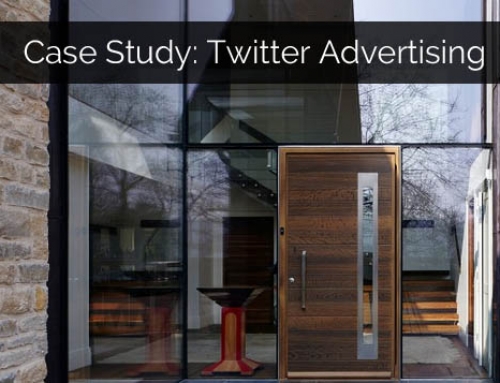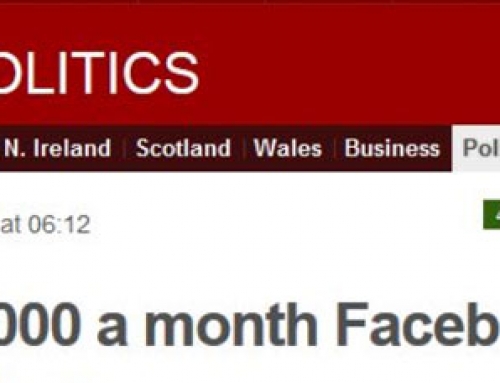A key element in social media marketing is the power of influence – harnessing the added trust that comes from hearing something from a friend or role model. Companies want to influence their existing customers in order to build loyalty, and influence potential customers to feel great about their brand, product or services.
It follows, then, that some individuals will be more influential online than others. How do you spot these people?
Someone with five hundred friends on Facebook, who raves about a new online store they’ve just discovered, may generate more visitors to that store than someone with twenty friends who does the same.
Or will they? What if the “twenty friends” guy only connects with those closest to him, who consequently have a high degree of trust in what he says? Every single one of those friends might visit the store.
Mr 500 friends, on the other hand, might be connecting so indiscriminately that he has little to no relationship with those people, and perhaps only a couple will pay attention to his facebook postings.
How exactly do you define social influence?
…and even more interestingly, how do you measure it?
The scenario above is just too complicated to be fun for most people – and that’s before you start to factor in all the other elements that could be at play here – Mr 500 Friends posts nonsense twenty times a day, whereas our quieter candidate posts very rarely when he has something important to say, for example.
We want an easy way to measure this complicated concept. We want, basically, a score…..enter Klout.
What is Klout?
Klout.com is a site which claims to be THE standard for influence measurement. It’s certainly done a good job of convincing the masses that this is the case; it integrates with an ever growing number of social networks, and amazingly is being used by 3,000 brands according to its own website.
If you sign up with it and connect your Twitter, Facebook and other accounts, it’ll reward you with a number between one and a hundred which represents the sum of your influence.
Like it or not, there is increasing use of Klout scores in the online world, and it’s starting to run over into the offline world too. Big brands like Virgin Atlantic, Audi and Marriott are offering special discounts to those who have Klout scores above a certain threshold – because they anticipate that favourable comments or reviews from an “influencer” will result, followed by an upsurge of interest from the influencer’s fans.
We’re not going to go into a deep analysis of the flaws and strengths of the Klout concept here, because it’s been done superbly in the blog posts linked below.
However, before you take the slightest bit of notice of your, or anyone else’s, Klout scores, we’d strongly suggest you read these two articles first!
Paul Gillin’s What I don’t Like about Klout – excellent analysis, and the comments are a proper two-cupper (tea, obviously)
and perhaps a shorter answer: Adriaan Pelzer’s Klout and the Bots experiment.
Fine. But, why the Justin Bieber picture?
Always a question worth asking. Well, Justin Bieber’s Klout score is a near-perfect 99. Barack Obama, on the other hand, scores 86. So good luck, Audi, selling your £30k+ vehicles to that horde of twelve year old girls…






Leave A Comment